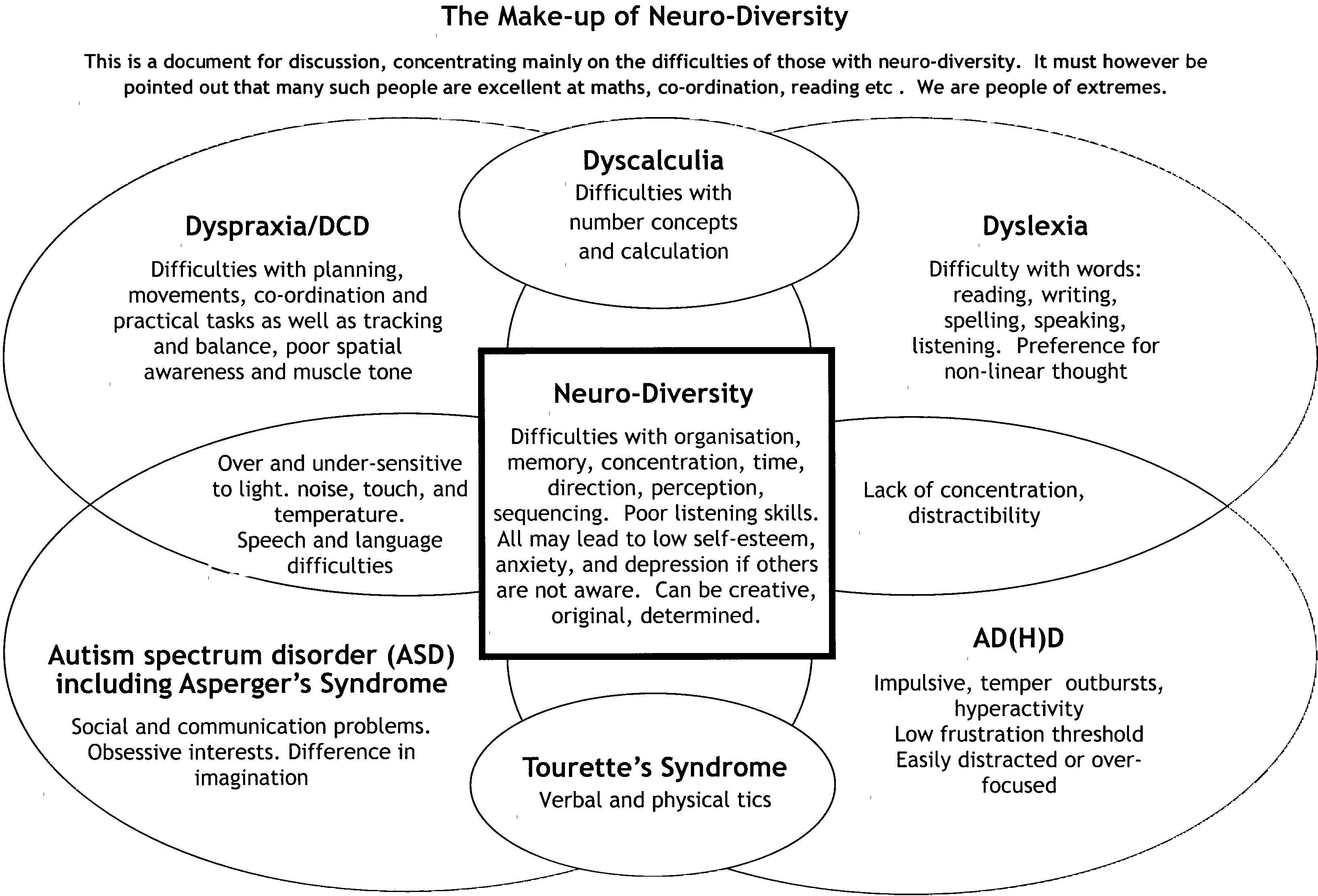Adult ADHD treatment using CBT
Treatment for ADHD falls into two categories – whilst for some stimulant medication is helpful, there is clear evidence that CBT for ADHD (as suggested by the NICE guidelines – treatment for ADHD) can help you manage the symptoms by offering psycho-educational strategies and practical tools to help you overcome the difficulties. ADHD as a disability is lifelong – you are born with it, it affects your schooling, then as an adult it will affect your work and your home life and relationships. Just as with dyslexia, most adults find a way to live with the problem and manage albeit often as some personal cost. Up to now, few adults will have been given a formal diagnosis for ADHD, most will have lived with the condition undiagnosed throughout their lives, not least because testing in schools has historically been limited to only the most disruptive pupils. Getting ADHD diagnosed as an adult can be complicated process and for many the diagnosis is less important than finding the strategies to overcome the symptoms.
Do I have ADHD?
Getting a formal diagnosis is an expensive and time consuming business and only necessary if you require medication and or your employer to make ‘reasonable adjustments’ under the Equality Act 2010. For many clients, what matters is recognising how the symptoms affect them and finding a way to manage the condition. As a clinician who lives with the condition and who has spent years studying ADHD, I bring particular insights into the work with my ADHD clients and between us we look to find the conditions that make the seemingly impossible more achievable.
What is Attention Deficit Hyperactivity Disorder (ADHD)?
ADHD is roughly thirty years behind dyslexia in terms of its acceptability and public awareness as a diagnosis. Unfortunately there’s a lot of misunderstanding and prejudice towards it, and dramatic headlines in the the media don’t help. I’ve been researching the phenomenon for about five years now: not only is it very real, we now know quite a lot about it. It is best thought of as similar to Dyslexia. It has strong genetic heritability and a number of other factors including developmental instability during pregnancy and birth complications seem to correlate with higher incidence. Just as with dyslexia there is hope and the potential for very successful living – once the difficulties are understood and worked around.
But why the prejudice?
In your average classroom you’ll have a chopsy Charlie who creates chaos: won’t behave; rude; aggressive; disruptive. This child creates a problem for the teacher so he (and it is invariably he) gets sent to the child psych for ‘treatment’. Compound this with a benefits system that will pay extra if you can get a diagnosis and we have a problem of skewed data. These children may or may not have ADHD, their difficulties might be related to other factors such as difficulties at home, family breakdown or even domestic violence in some cases. What gets them noticed is their out of control behaviour and this is more accurately defined as ODD – oppositional defiant disorder and although this can sit alongside ADHD its not the whole picture.
But look again at that same classroom – there’s the bright kid – always hand in the air, always ready to offer an answer, sometimes just shouts the answer out anyway. Chronically disorganised, forgets homework, loses stuff, and always in trouble for talking in class. His or her reports say ‘doesn’t achieve full potential’ ‘makes careless mistakes’ must try to be better organised”; and then there’s the kid at the back – bit of ‘space cadet’, try talking to this one and its in one ear out the other- reports say ‘doesn’t pay attention’ ‘needs to contribute more to lessons’ – they’re seen as lazy, a bit dull and maybe ‘just doing it on purpose’. But hey, these guys don’t throw chairs, climb out the window or set fire to the school so they’re not seen as having a problem. And yet these guys could quite possibly have ADHD – (the latter having attention deficit – inattentive type).
Depression and anxiety are often exist alongside ADHD as a result of the impact on self-esteem of chronic underachievement and disappointment. Residual impulsivity can lead to angry or impatient outbursts affecting work and home life and relationships and requires anger management tools.
Cognitive therapy (CBT) for ADHD can help you with managing the symptoms and developing strategies to overcome the difficulties. Cognitive therapy can also help with the associated feelings of anger, frustration, sadness, stress, anxiety and injured self-esteem that so often come with a lifetime of living with ADHD.
Useful Resources:
Living with someone with ADHD – ADHD Relationships
Information for parents who have children with ADHD ADHD At School
Try these two website links to find out more:
- http://www.netdoctor.co.uk/adhd/notjustachildhooddisorder.htm
- Not Just A Childhood Disorder
- http://www.helpguide.org/mental/adhd_add_adult_symptoms.htm
- Adult ADHD Symptoms

